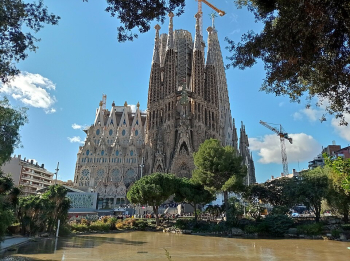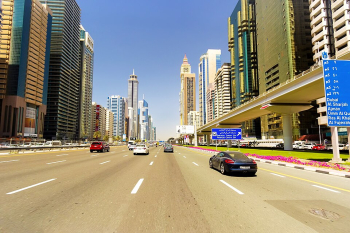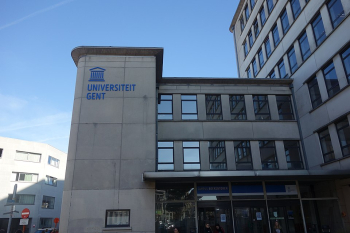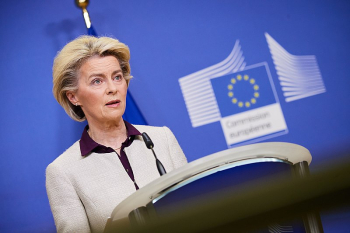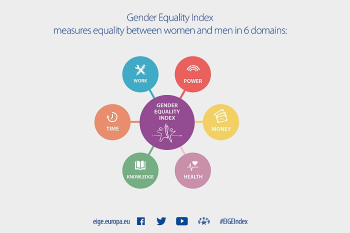
Greece is holding a second election within a month, as the conservative ex-Prime Minister Kyriakos Mitsotakis aims to secure a substantial majority. Despite winning convincingly
in May, Mitsotakis called for new elections in an attempt to govern Greece independently.
The vote takes place shortly after a tragic incident involving a migrant boat off the Greek coast, where it is believed that approximately 500 people lost their lives. However, this disaster has had little impact on the election campaign.
Mitsotakis's conservative party emerged with a 20-point lead over the center-left Syriza party of Alexis Tsipras, another former prime minister, in last month's elections. He is confident of achieving another victory that would grant him a second term.
Voting will continue until 19:00 (16:00 GMT).
Mitsotakis argues that his New Democracy party cannot form a stable government without a majority of more than 150 seats in the 300-seat parliament. In his rally at Syntagma square in central Athens, he stated, "In uncertain times, Greece needs a government that will not depend on fragile majorities."
A significant difference in this election is that the winning party is awarded between 20 and 50 bonus seats, potentially giving Mitsotakis the mandate he seeks with a similar repeat victory.
Mitsotakis is widely recognized for successfully stabilizing and reviving the Greek economy after a severe debt crisis and multiple international bailouts. Despite the cost-of-living crisis faced by many Greeks, voters opted for the party that promised lower taxes and improved public health.
He has cultivated a reputation as a resilient leader, overcoming various crises in the past year, including a rail disaster and a wiretapping scandal that led to the dismissal of the intelligence chief and his own nephew, who served as the prime minister's chief of staff.
Mitsotakis's center-left rival faces an uphill battle. Alexis Tsipras, addressing supporters in Thessaloniki, highlighted the two contrasting visions for Greece: "a country and society of humanity, democracy, and justice" or a right-wing agenda that prioritizes profits over the lives of many.
The two leaders responded differently to a recent migrant boat sinking off the southwest coast. The campaign temporarily halted as Greece observed three days of mourning, and questions were raised about the Greek coastguard's response in the hours before the tragedy claimed hundreds of lives.
Mitsotakis passionately defended the coastguard and condemned people smugglers as "scum." Meanwhile, Tsipras expressed concerns and pointed out that during his tenure in 2015, amidst the European migrant crisis, the coastguard, police, and military prioritized human life.
Since the migrant crisis, Greek voters have shifted toward stricter and more conservative policies. This change is attributed to the 2020 migration crisis on the Evros River, when Turkey attempted to push thousands of migrants into Greek territory, and the Mitsotakis government responded promptly. The public perceives the migration issue as an external threat to national sovereignty.
Mitsotakis is also benefiting from the fragmentation of the Greek left. As the debt crisis unfolded in 2012, left-leaning voters gradually abandoned the old Socialist Pasok party in favor of Alexis Tsipras's more dynamic leadership. However, Syriza's popularity declined during Tsipras's government, and the Socialists are now the third political force in Greece. Neither of the left-of-center parties is willing to form a coalition with the conservatives. Photo by DTRocks, Wikimedia commons.

